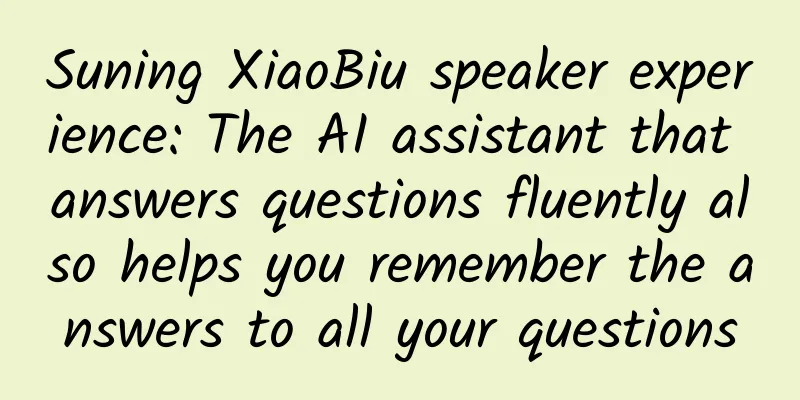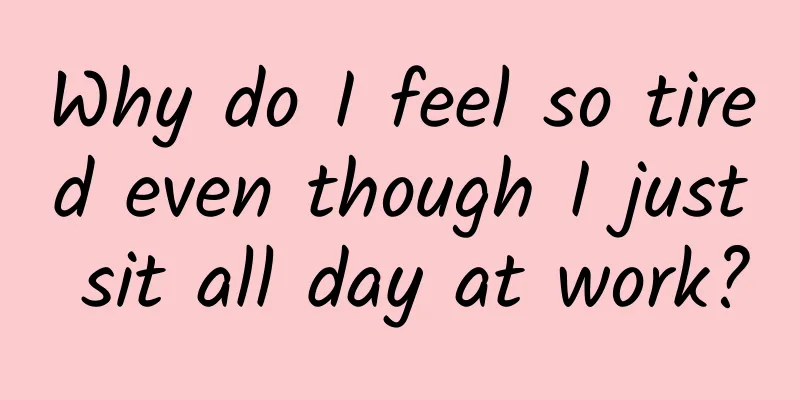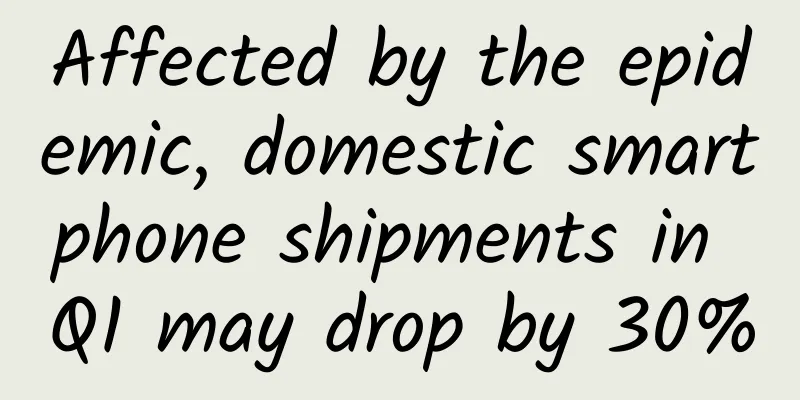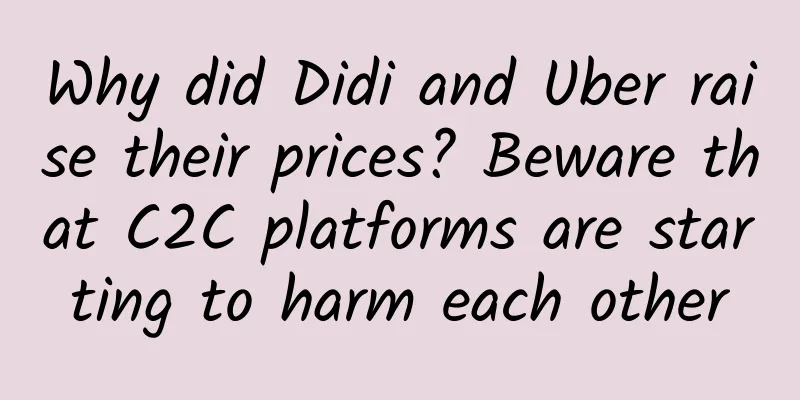Oral health experts throughout the life cycle suggest eating sugar scientifically and staying away from acidic drinks
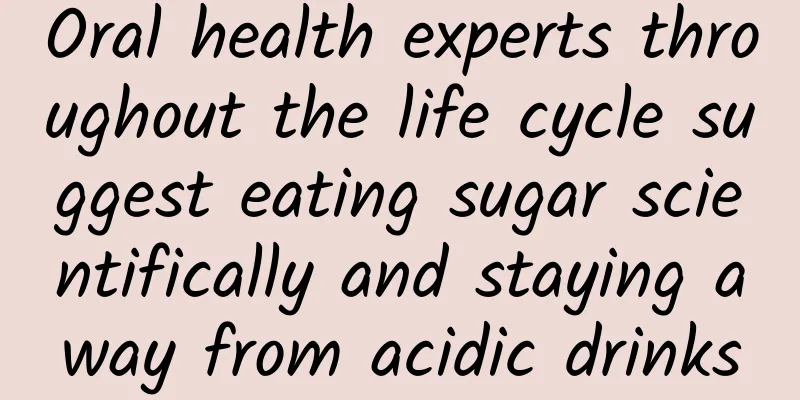
|
Author: Wang Chunxiao Yangyang Chronic Disease Center, Chinese Center for Disease Control and Prevention Although sugar and acidic drinks in our daily diet taste sweet, they are the two biggest "enemies" that threaten dental health. Let's talk about how to protect your teeth through scientific eating habits. 1. Understanding Free Sugars Sugar is everywhere in our daily diet, from desserts to beverages, processed foods, and even some seemingly non-sweet foods. Sugar is mainly divided into two categories: natural sugars (non-free sugars) and free sugars. Ø Natural sugar : Non-free sugar refers to sugar that exists in natural foods, such as fructose in fresh fruits and vegetables, and lactose in milk. This type of sugar is wrapped in cell walls and does not directly contact teeth, so it is less harmful to teeth. Ø Free sugars : refers to sugars added during food processing, as well as sugars naturally present in honey, syrup and fruit juice. Unlike natural sugars in fruits, sugars in fruit juices have been released from the cell walls of fruits and are more likely to adhere to the surface of teeth, increasing the risk of caries. Most foods and beverages on the market, even some seemingly healthy foods such as bread and yogurt, contain free sugars. Sugar can provide energy for the human body, but free sugar is one of the main causes of dental problems. If you consume a lot of free sugar for a long time, it will not only increase the risk of dental caries, but also may lead to other health problems such as obesity and diabetes. The "reduction of sugar" in the "three reductions and three healths" proposed by the country is actually to reduce free sugar. 2. How to eat sugar scientifically Since sugar can damage teeth, does that mean we should give up sugar completely? Actually, it doesn’t have to be that way. Here are some tips on how to eat sugar scientifically: Ø Reduce the addition of free sugars in home cooking: Eliminate or minimize the addition of sugar to dishes or staple foods when cooking. Try using natural spices (such as cinnamon, vanilla) or a small amount of fruit to replace free sugars to enhance the flavor of food. Ø Choose foods that do not contain or are low in free sugars: When purchasing commercially available foods, pay attention to the nutrition labels and choose products that do not contain or are low in free sugars. Ø Reduce sugar intake: The World Health Organization recommends that adults should not consume more than 25 grams of free sugars per day, which is approximately equivalent to 6 teaspoons. Note that 25 grams here is the maximum limit, and there is no minimum intake, so try to reduce the intake of free sugars. Ø Properly arrange the time of eating sweets: If you like to eat sweets, try to eat them after the main meal to shorten the time the sugar stays in the mouth and reduce the chance of bacteria producing acid. Ø Rinse your mouth immediately after eating sugar: After eating sugary food or drinks, it is best to rinse your mouth with clean water immediately to flush out the sugar in your mouth and reduce acid erosion on your teeth. Ø Do not eat after brushing your teeth before going to bed at night: After brushing your teeth before going to bed, remember not to eat any sugary food or drinks to prevent bacteria from breaking down sugars and producing acid for a long time at night, which will corrode your teeth. 3. Stay away from acidic drinks In addition to sugar, acidic drinks are also invisible killers of dental health. Acidic drinks include carbonated drinks, fruit juices, energy drinks, etc. They are usually high in acidity, and long-term intake will cause irreversible damage to teeth. The acid in acidic beverages can directly attack tooth enamel, making teeth brittle, a condition called erosion . Unlike caries, erosion is not caused by bacteria, but directly by the acid in the beverage corroding the tooth enamel. If the acid attacks the enamel too much, the teeth may become sensitive, especially when eating very cold or hot foods, and may feel stinging. In addition, the teeth may become dull and may even become worn or broken. In order to protect our teeth, we should try to drink less acidic drinks. If we really want to drink, we can use a straw to reduce the direct contact between the drink and the teeth. After drinking acidic beverages, remember to rinse your mouth with clean water in time to quickly remove the acid in your mouth. Protecting teeth is not difficult. As long as we start from the small details of daily life, eat sugar scientifically, stay away from acidic drinks, and develop good oral hygiene habits, we can greatly reduce the risk of caries and erosion. Having healthy teeth not only makes us eat deliciously and smile beautifully, but also makes us healthier and more confident. I hope these simple suggestions can help you better protect your teeth and have good teeth. (Contributed by the Popular Science Department of the Chinese Stomatological Association and the Oral Preventive Medicine Committee of the Chinese Stomatological Association) |
<<: What happened to the "spy whale" that can help people pick up mobile phones?
>>: Anti-depression exercise ranking: No. 1 is not running or walking, but…
Recommend
Learn this operation skill, and it’s no problem to chat with 10 people at the same time
When dozens of users and dozens of WeChat groups n...
The childhood games of the 80s and 90s, which the 00s have never seen
Children are not divided into big or small, we ar...
Rolls-Royce's first SUV official spy photos revealed
Recently, Rolls-Royce released two official spy p...
How much does it cost to join the Zhaotong luggage mini program? What is the price for joining the Zhaotong luggage mini program?
Is it easy to join the Zhaotong luggage mini prog...
5 things you must know about APP promotion, have you passed them?
Many students who do APP promotion spend their wh...
XCMG and Oracle NetSuite establish a relationship to consolidate digitalization and welcome the new era of internationalization 2.0 development
As the world's third largest construction mac...
My goodness, on this small island, evolution can really be “seen” with the naked eye!
In just a few dozen generations, the appearance i...
Check the investment price of Zibo Men's Wear Mini Program. How much is the investment price of Zibo Men's Wear Mini Program?
How much does it cost to attract investment in th...
If you want your product copy to speak well, first learn to cut the copy
A copywriter is a salesperson who sits behind a k...
If you jailbreak iOS 8, these premium plugins are worth a try
Although there are fewer and fewer reasons to jai...
The "unspoken rules" of App Store operation, promotion and marketing
A few days ago, a very suspicious business simula...
When ancient history meets cutting-edge technology: Helping to decipher Greek inscriptions and achieving a dance between AI and humanity?
*Inscriptions and steles are the embodiment of th...
[Popular Science of Chinese Military Technology] Active underwater defense against torpedo attacks, how powerful is the anti-torpedo torpedo?
Torpedoes have posed a huge threat to surface shi...
What kind of psychological pressure can college students have? I finally understand after reading this!
In conclusion: In the current popular "crazy...
What is the relationship between Qiantang River and Zhejiang?
Qiantang River is famous for its tidal wonders kn...


